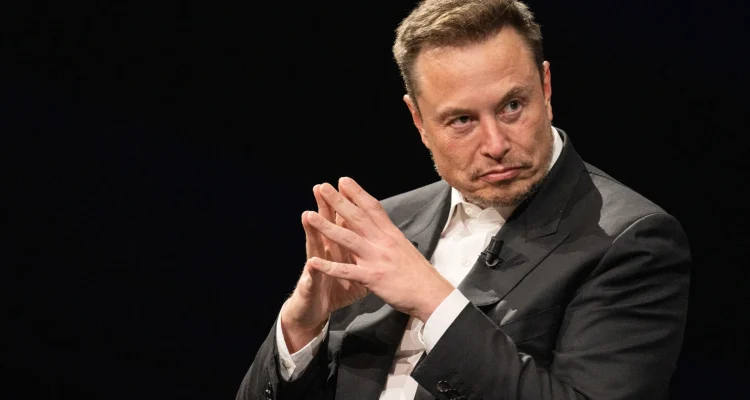During the Army-Navy football game, Elon Musk shared a photo of the giant screen above the field. It showed four faces: President-elect Donald Trump, Vice President-elect JD Vance, Musk himself, and House Speaker Mike Johnson in the background. Musk stood prominently behind Trump and Vance, with Johnson appearing further away.
The symbolism was striking. Musk’s position in the image seemed intentional, emphasizing his newfound influence. His presence overshadowed Johnson, who is third in line for the presidency.
Just days later, Musk wielded that influence in a significant way. He helped sink a spending bill proposed by Johnson. The bill had bipartisan support and was aimed at preventing a government shutdown.
Conservatives were already wary of the bill. But Musk, along with Vivek Ramaswamy, used social media to stir outrage. Early Wednesday morning, Musk posted, “This bill should not pass,” sparking a storm of criticism. The bill’s fate was sealed shortly after.
Musk’s online reach proved more powerful than any Republican lawmaker’s efforts. His posts mobilized millions, torpedoing the legislation in record time.
Massive spending bills like this often include unnecessary add-ons. Critics described it as “overstuffed” or a “Christmas tree” of extras. Musk, known for breaking the mold, attacked these elements relentlessly.
Over 100 posts followed, many filled with inaccuracies or unverified claims. Musk amplified complaints from anonymous accounts, bypassing traditional fact-checking.
In the end, his influence reshaped the political landscape, leaving Washington insiders scrambling to adapt.
